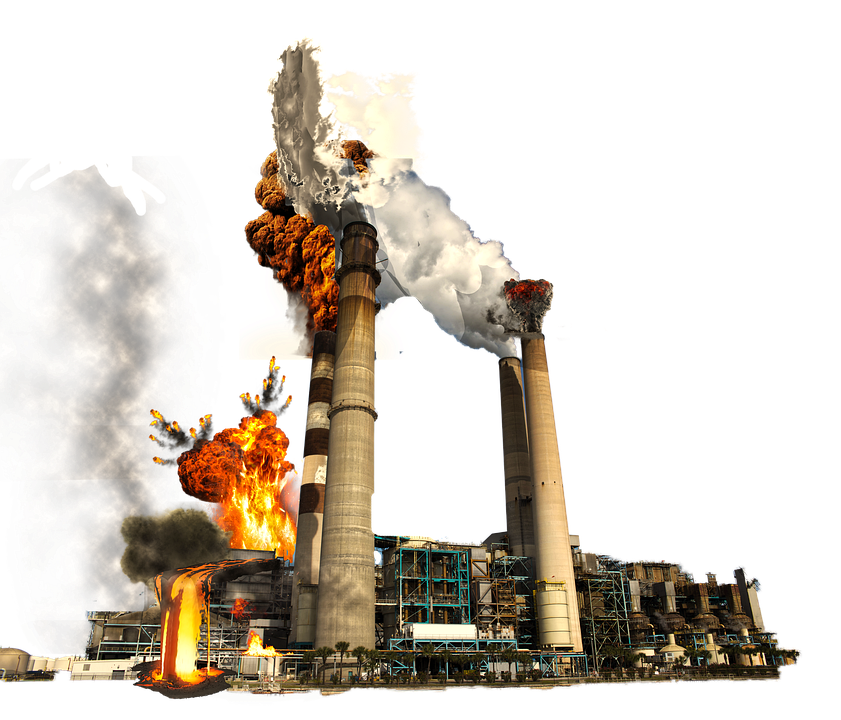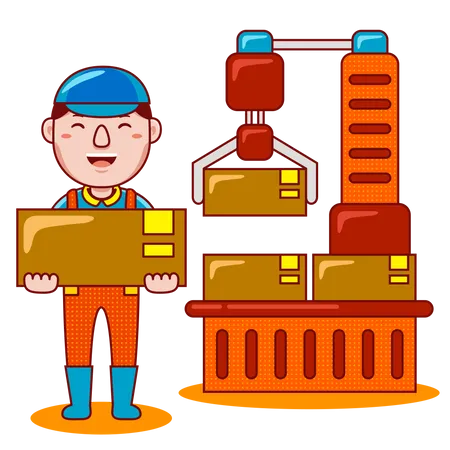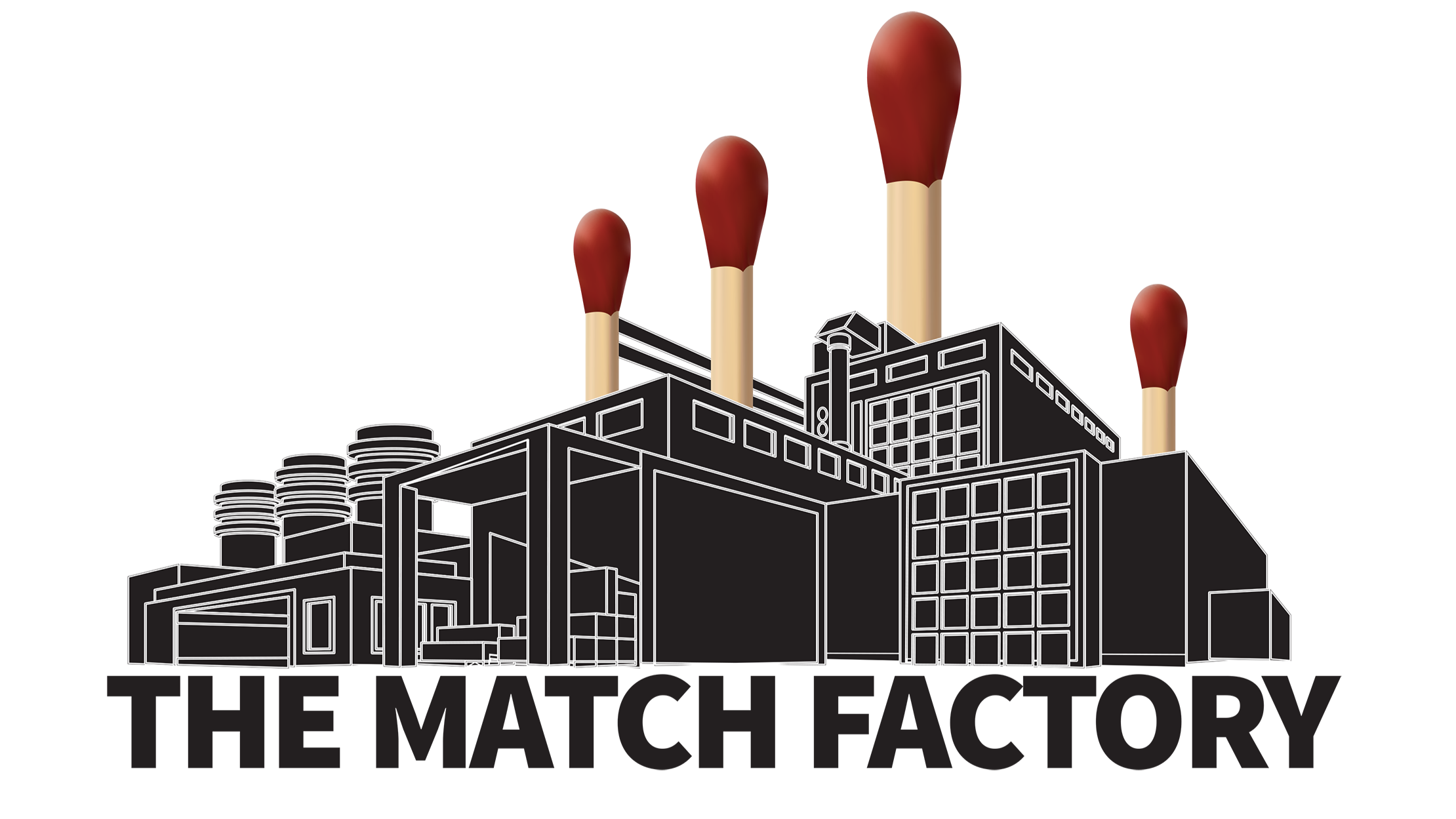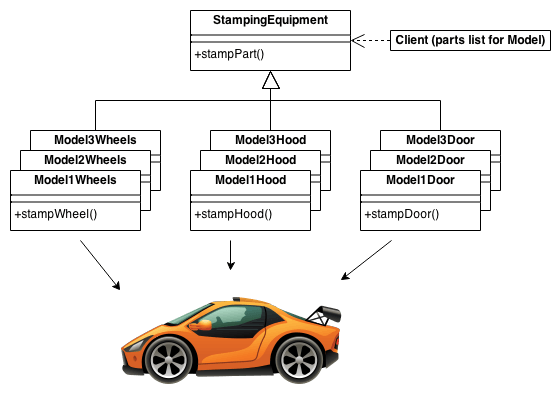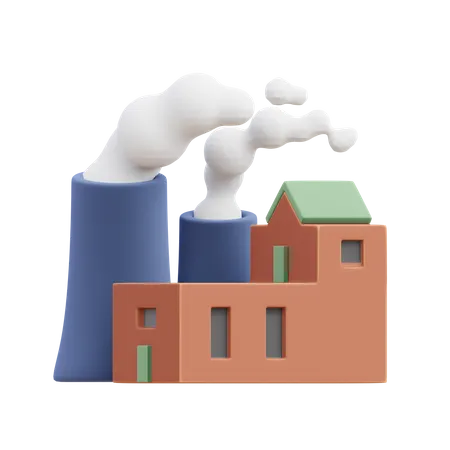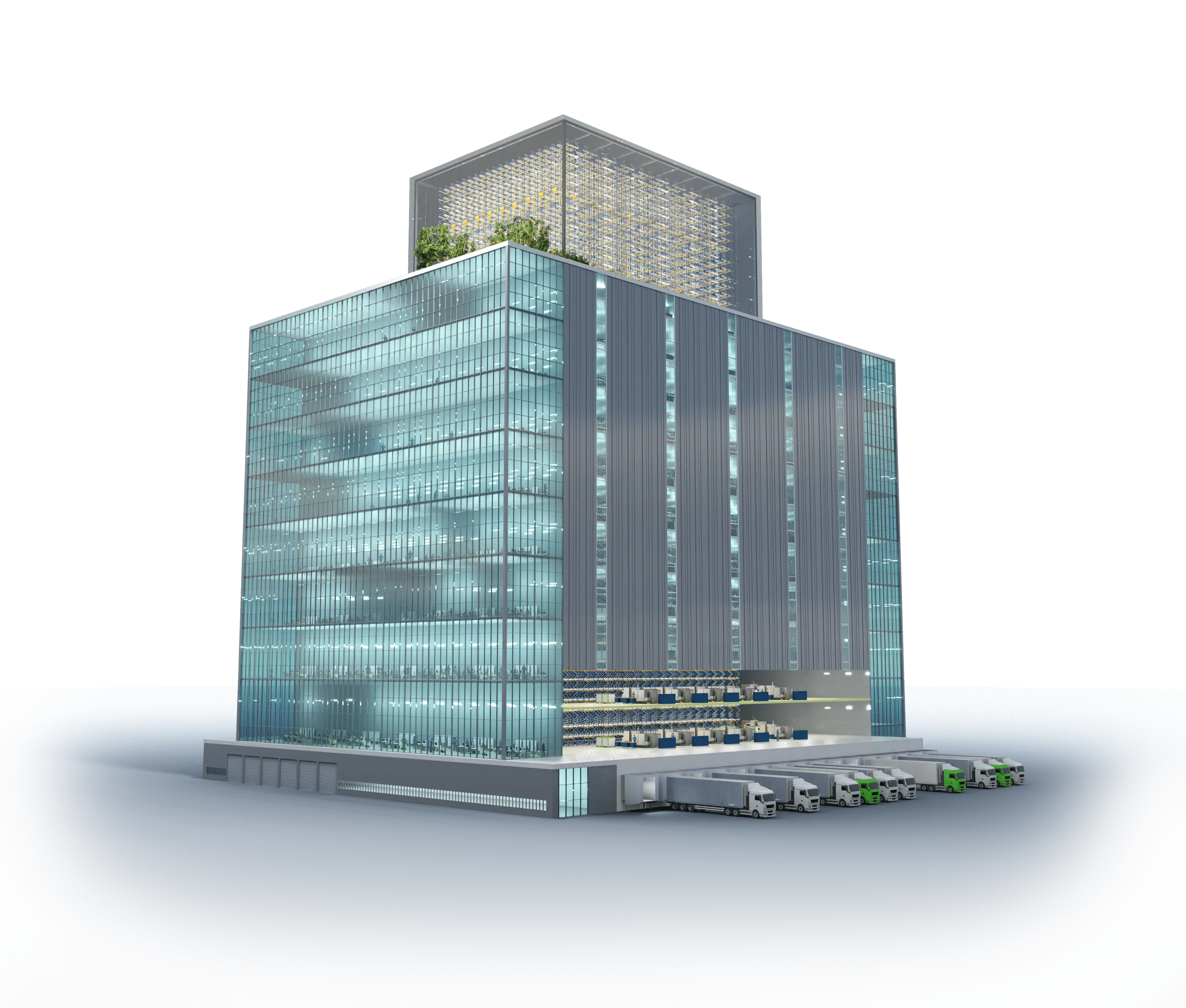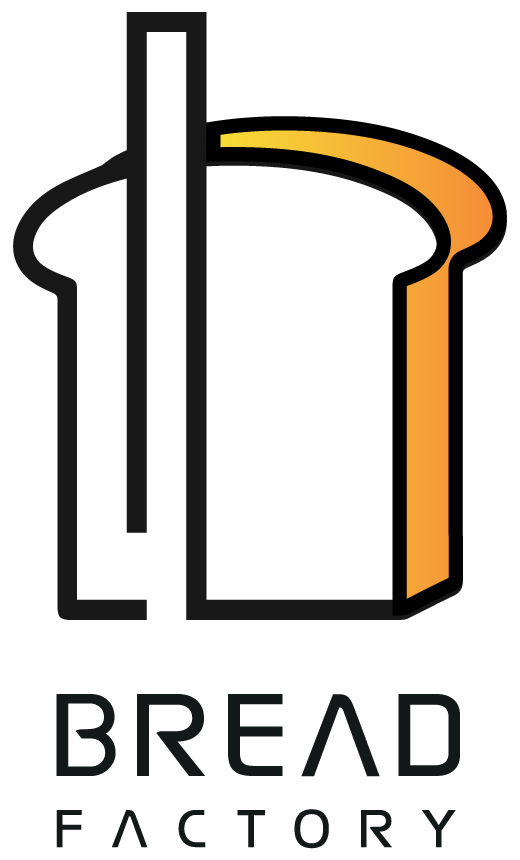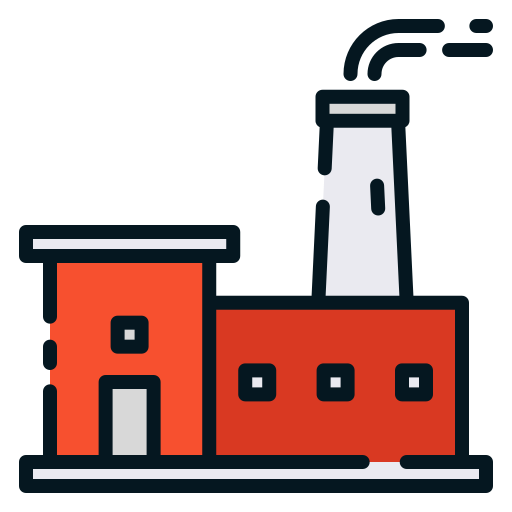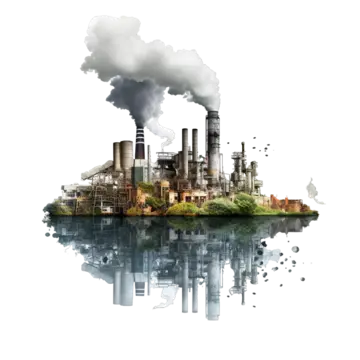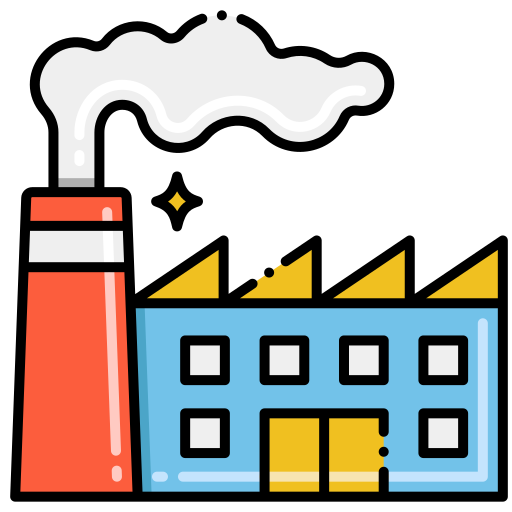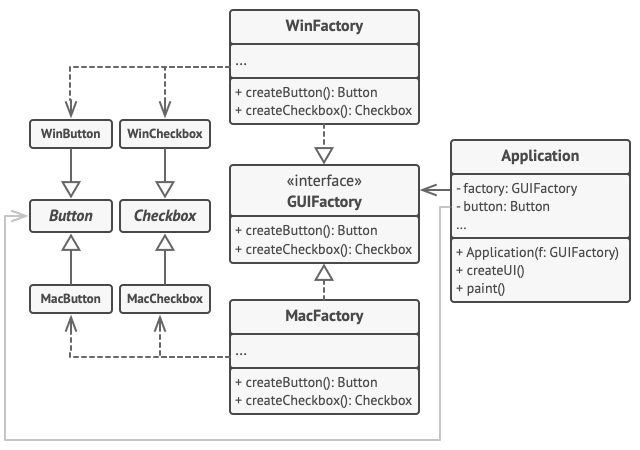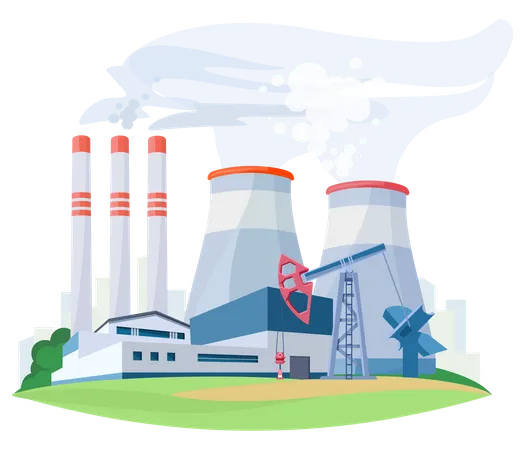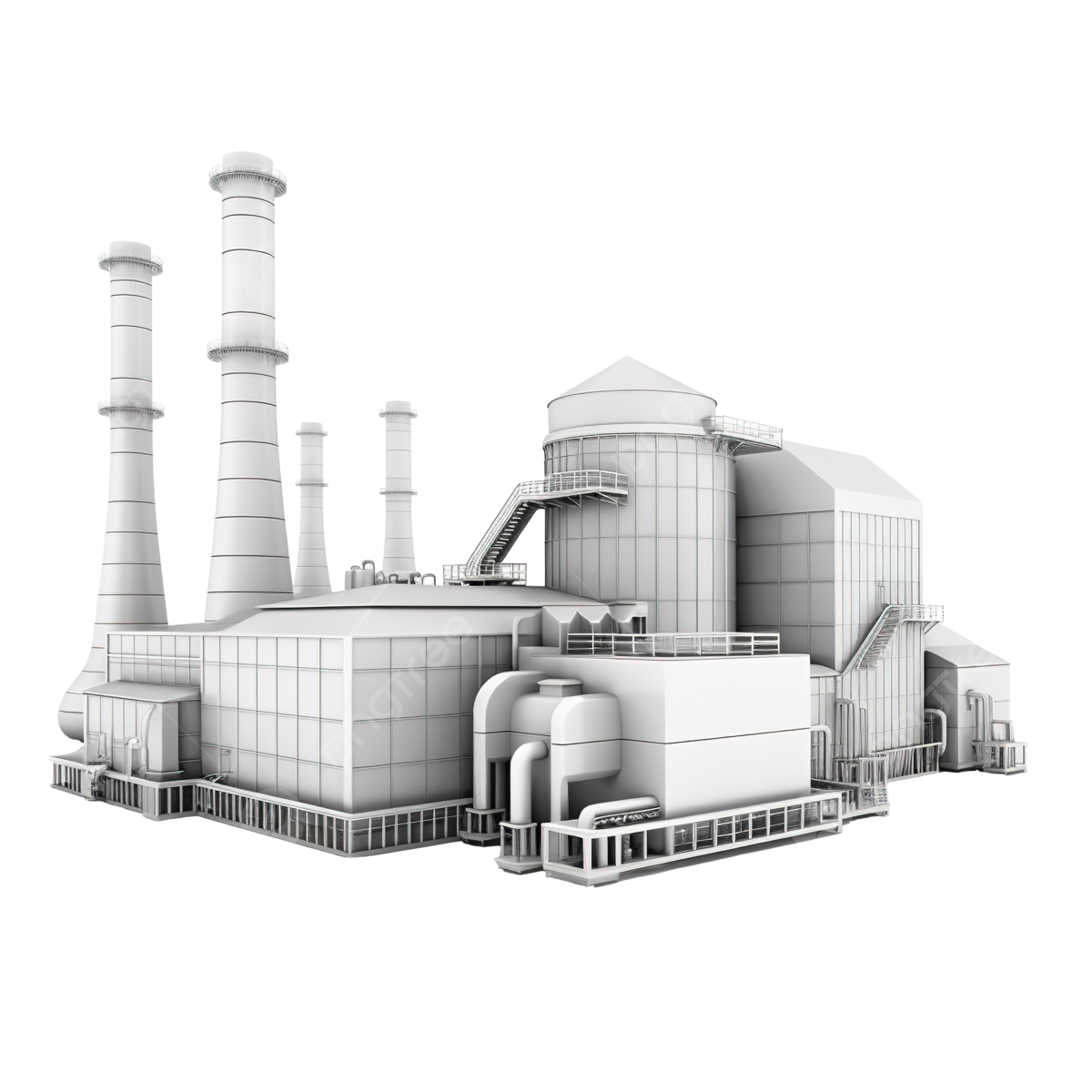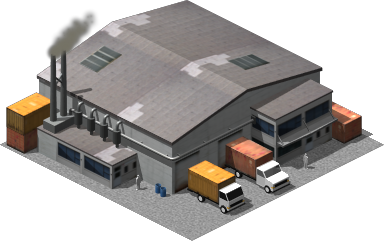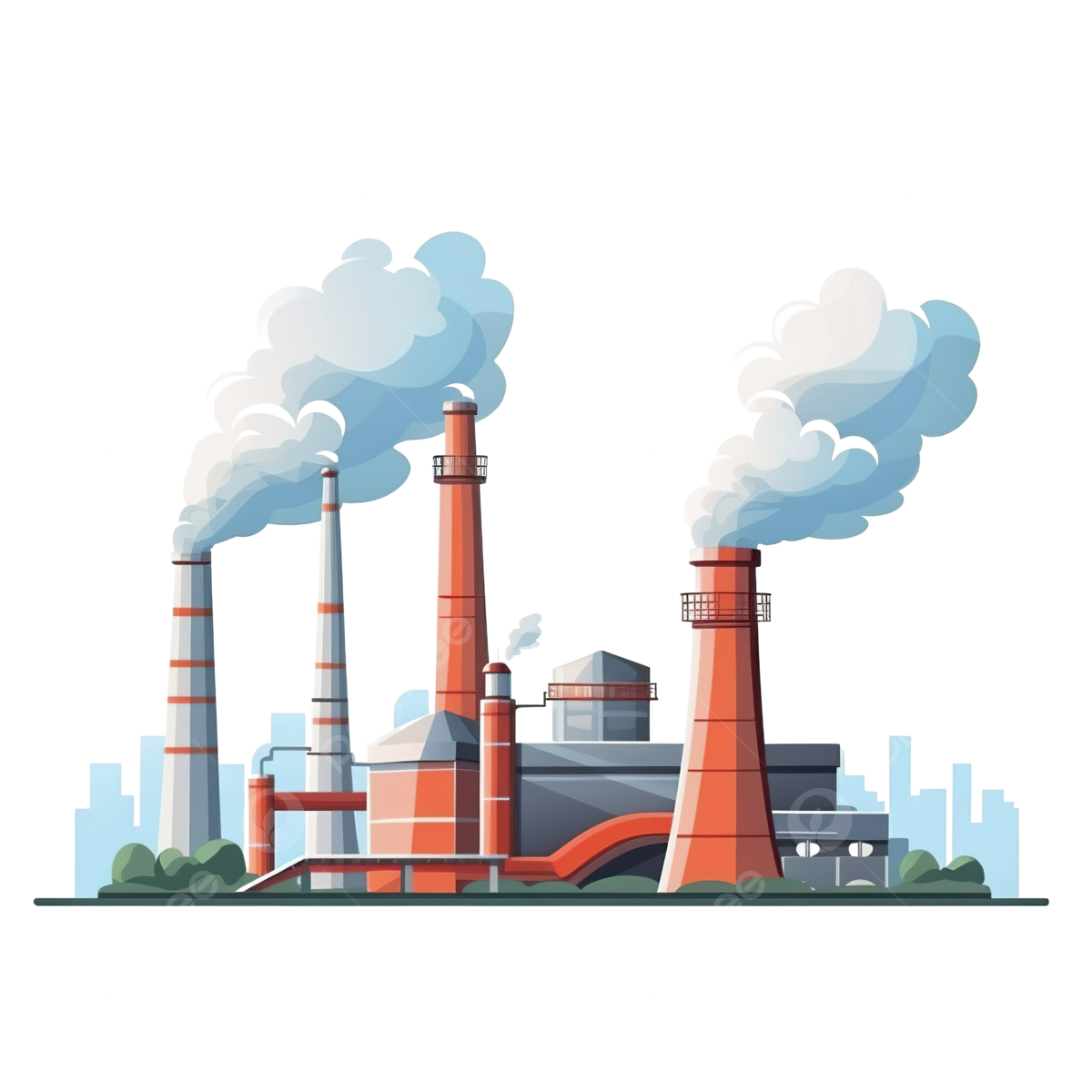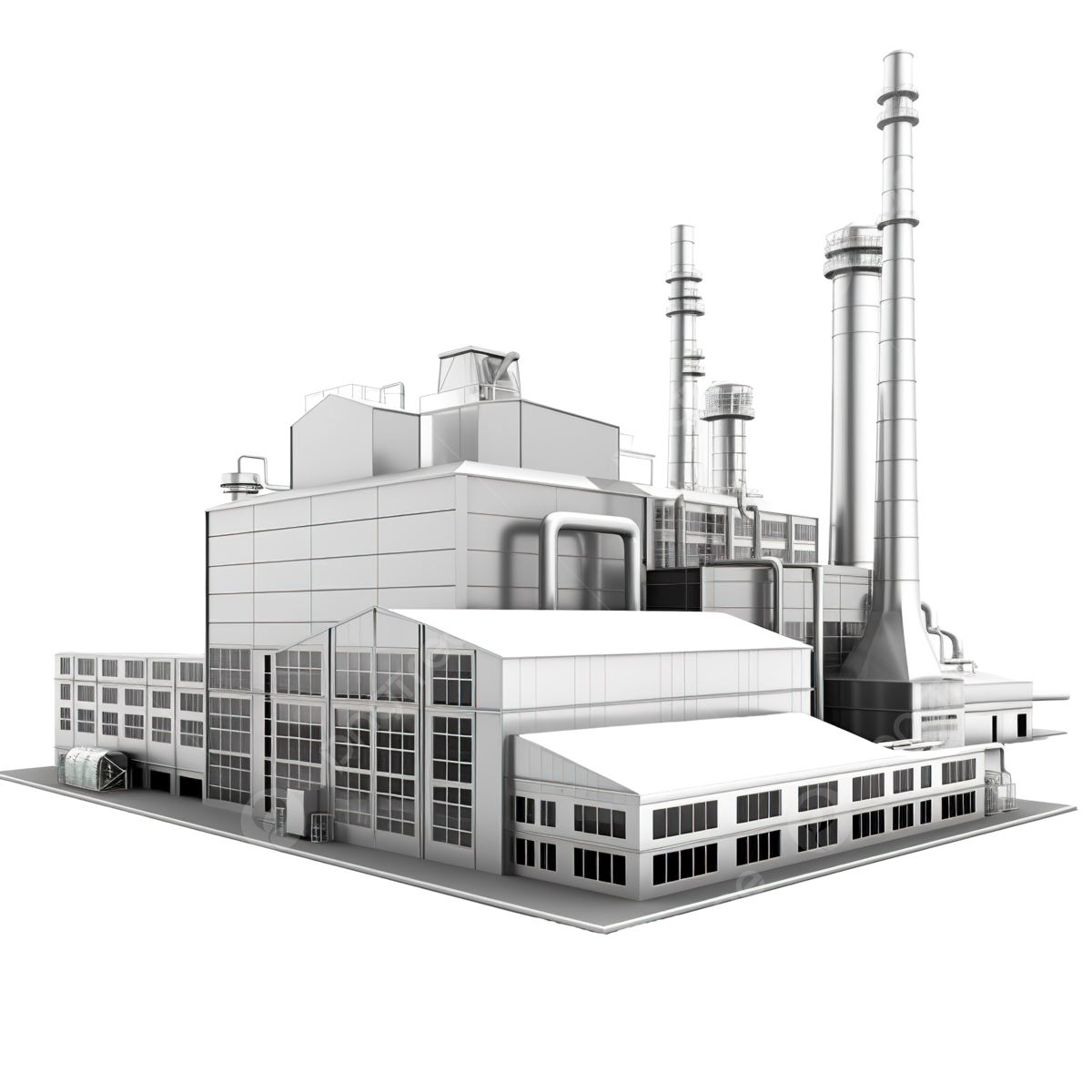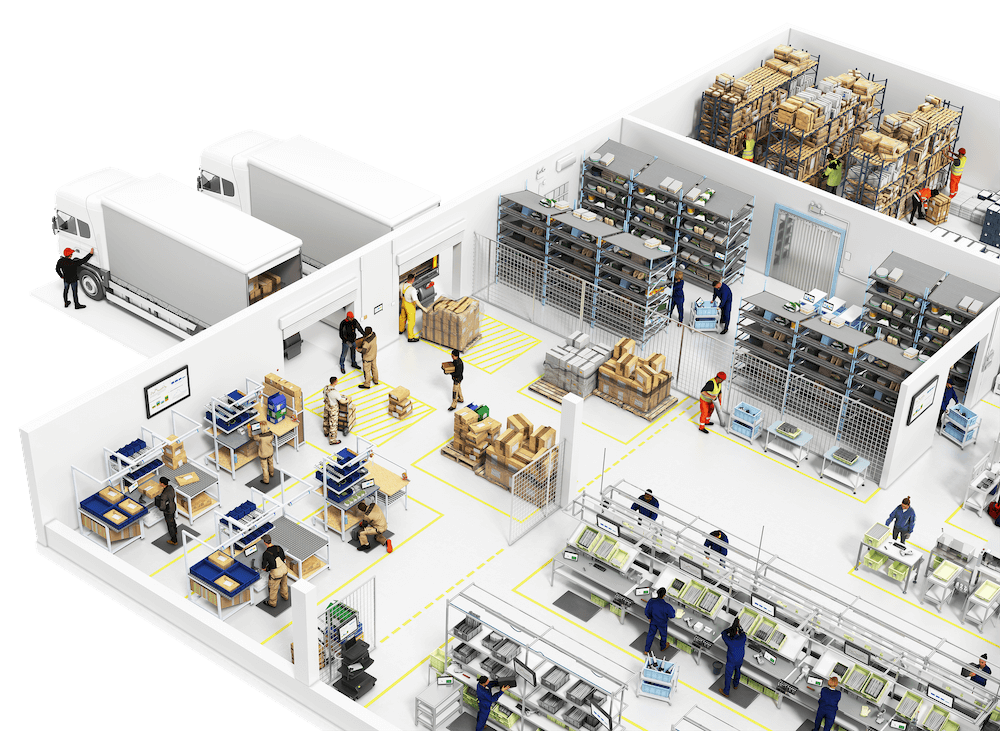Download top and best high-quality free Factory PNG Transparent Images backgrounds available in various sizes. To view the full PNG size resolution click on any of the below image thumbnail.
License Info: Creative Commons 4.0 BY-NC
A factory is a manufacturing plant or industrial site where goods or products are produced or made from raw materials. The products can either be consumer goods or intermediate goods that are used in the production of other goods.
The concept of a factory has been around for centuries, with early factories taking the form of small workshops where a skilled craftsman produced goods with the help of a few assistants or apprentices. However, during the industrial revolution, the factory system underwent a major transformation, with the development of machines and large-scale production methods.
Types of Factories
Factories can be classified into several types based on the product produced or the process used. Some common types of factories are:
Textile Factories
Textile factories are those that produce garments, textiles, or fabrics from raw materials such as cotton, wool, or silk. These factories use specialized equipment and machines to spin, weave, and knit the raw materials into finished products such as clothes, curtains, bedsheets, and towels.
Food Processing Factories
Food processing factories are those that produce food items such as canned goods, frozen foods, snacks, and beverages. These factories use specialized equipment and machinery to process, preserve, and package food items for distribution and sale.
Chemical Factories
Chemical factories are those that produce chemicals such as fertilizers, pesticides, pharmaceuticals, and plastics. These factories involve complex chemical processes and require specialized equipment and safety measures to ensure the safety of workers.
The Structure of a Factory
The structure of a factory typically consists of several departments or sections that are involved in different stages of the production process. These typically include:
Raw Materials Storage
The raw materials are stored in a designated area of the factory and are typically received in bulk from suppliers.
Production Area
This is the area where the actual production of goods takes place. It is usually separated into different sections based on the type of machinery and equipment used.
Packaging and Storage Area
After production, the goods are typically packaged and stored in this area before being shipped to distributors or wholesalers.
Quality Control Area
Quality control is an important aspect of the factory process and involves inspecting the finished products to ensure they meet the required standards of quality.
Maintenance and Repair Area
As with any machinery, factory equipment requires regular maintenance and repair to ensure it operates efficiently and safely. This area is responsible for maintaining and repairing the factory equipment and machinery.
Pros and Cons of Factories
Factories have a significant impact on the economy and society as a whole. Some of the advantages and disadvantages of factories include:
Advantages
- Mass production allows for a greater efficiency in the production process, ultimately driving prices down for consumers.
- Factories can bring jobs to an area and stimulate economic growth.
- Factories enable the production of goods on a much larger scale, making products available to a wider range of customers.
- Factories are able to take advantage of economies of scale, where the larger the production run, the more cost-effective the manufacturing process becomes.
Disadvantages
- Factories can have a negative impact on the environment and contribute to pollution in the surrounding areas.
- Working conditions in factories can be poor, with long hours, low wages, and unsafe conditions for workers.
- Factories can lead to the displacement of small-scale, individual producers who are unable to compete with mass-produced goods.
- Factories can also lead to cultural homogenization, where local traditional crafts and products are replaced by standardized, mass-produced goods.
Conclusion
Factories play a vital role in our economy and society, enabling the mass production of goods and providing employment opportunities. While there are certainly downsides to the factory system, we cannot deny the profound impact it has had on our world, both in terms of the products we use and the way we live our lives.
Download Factory PNG images transparent gallery
- Factory PNG Photos
Resolution: 841 × 720
Size: 713 KB
Image Format: .png
Download
- Factory PNG
Resolution: 450 × 450
Size: 198 KB
Image Format: .png
Download
- Factory No Background
Resolution: 2220 × 1249
Size: 693 KB
Image Format: .png
Download
- Factory PNG Photo
Resolution: 552 × 420
Size: 13 KB
Image Format: .png
Download
- Factory
Resolution: 450 × 450
Size: 88 KB
Image Format: .png
Download
- Factory PNG Free Image
Resolution: 3500 × 2975
Size: 7347 KB
Image Format: .png
Download
- Factory PNG Images
Resolution: 520 × 860
Size: 18 KB
Image Format: .png
Download
- Factory PNG Picture
Resolution: 512 × 512
Size: 12 KB
Image Format: .png
Download
- Factory Transparent
Resolution: 360 × 360
Size: 107 KB
Image Format: .png
Download
- Factory PNG Clipart
Resolution: 512 × 512
Size: 29 KB
Image Format: .png
Download
- Factory PNG Cutout
Resolution: 640 × 450
Size: 13 KB
Image Format: .png
Download
- Factory PNG Pic
Resolution: 525 × 450
Size: 195 KB
Image Format: .png
Download
- Factory PNG File
Resolution: 1200 × 1200
Size: 637 KB
Image Format: .png
Download
- Factory PNG HD Image
Resolution: 384 × 241
Size: 424 KB
Image Format: .png
Download
- Factory PNG Image HD
Resolution: 1200 × 1200
Size: 483 KB
Image Format: .png
Download
- Factory PNG Image
Resolution: 1200 × 1200
Size: 690 KB
Image Format: .png
Download
- Factory PNG Images HD
Resolution: 1000 × 731
Size: 982 KB
Image Format: .png
Download
